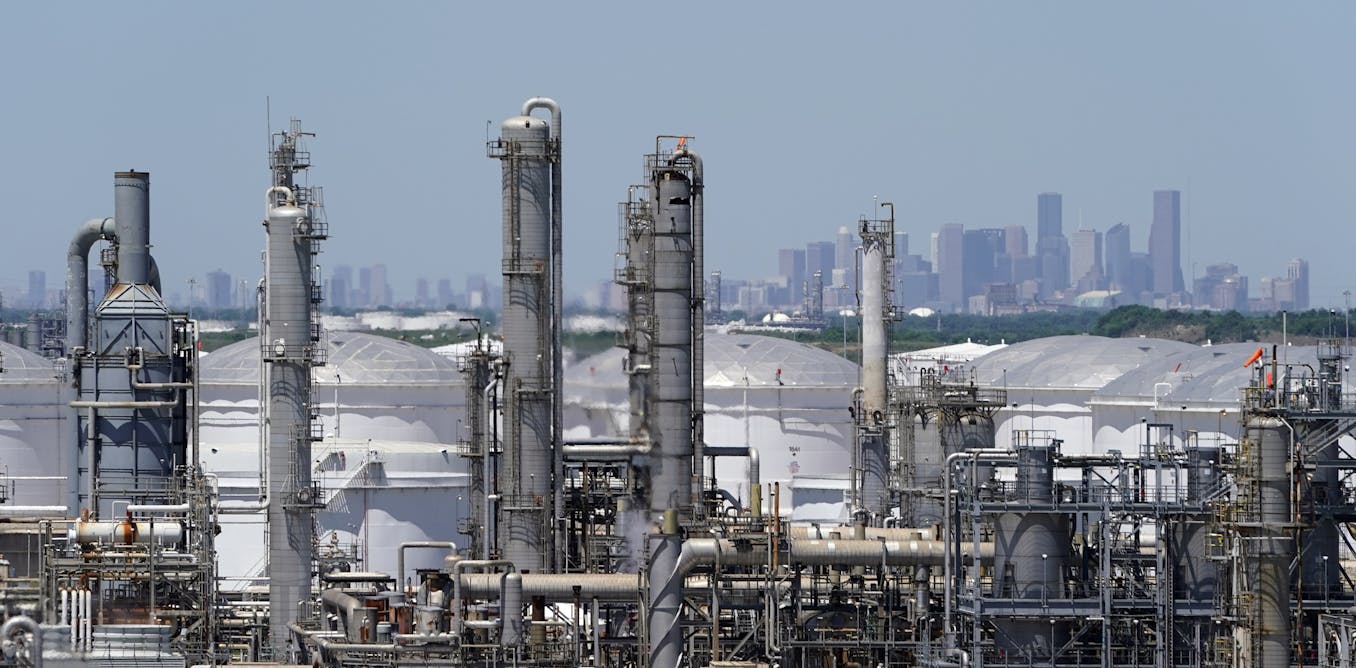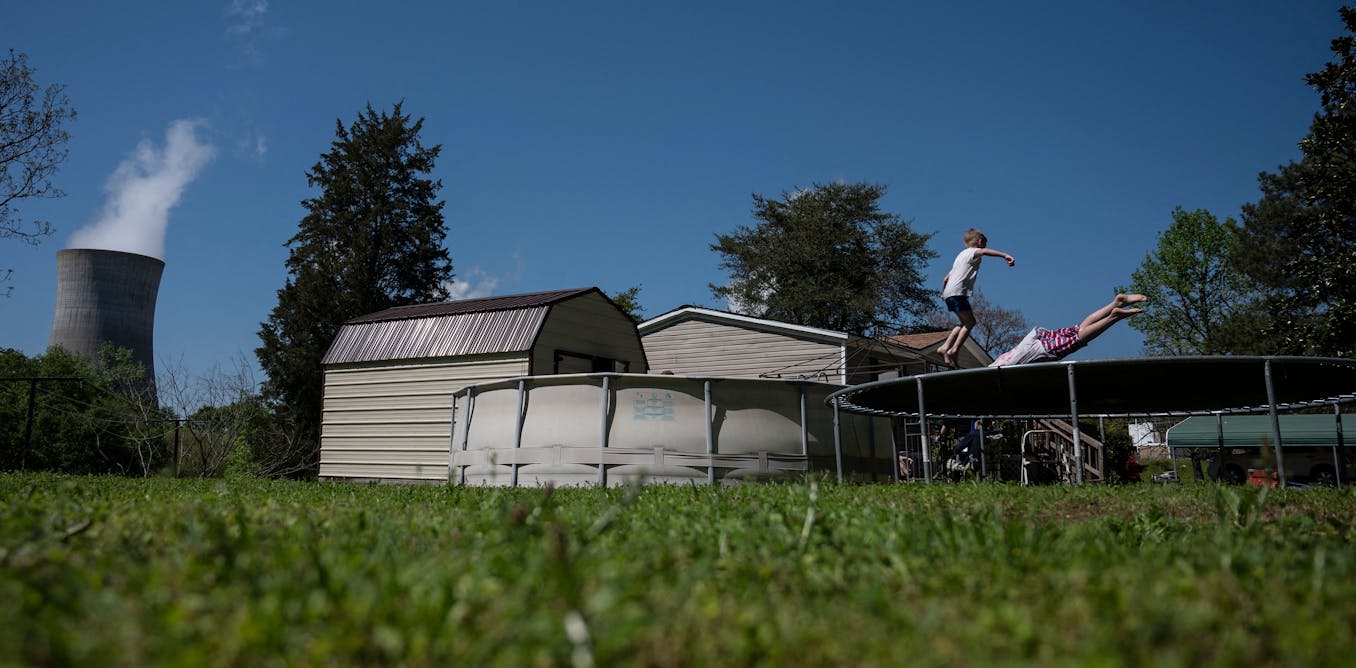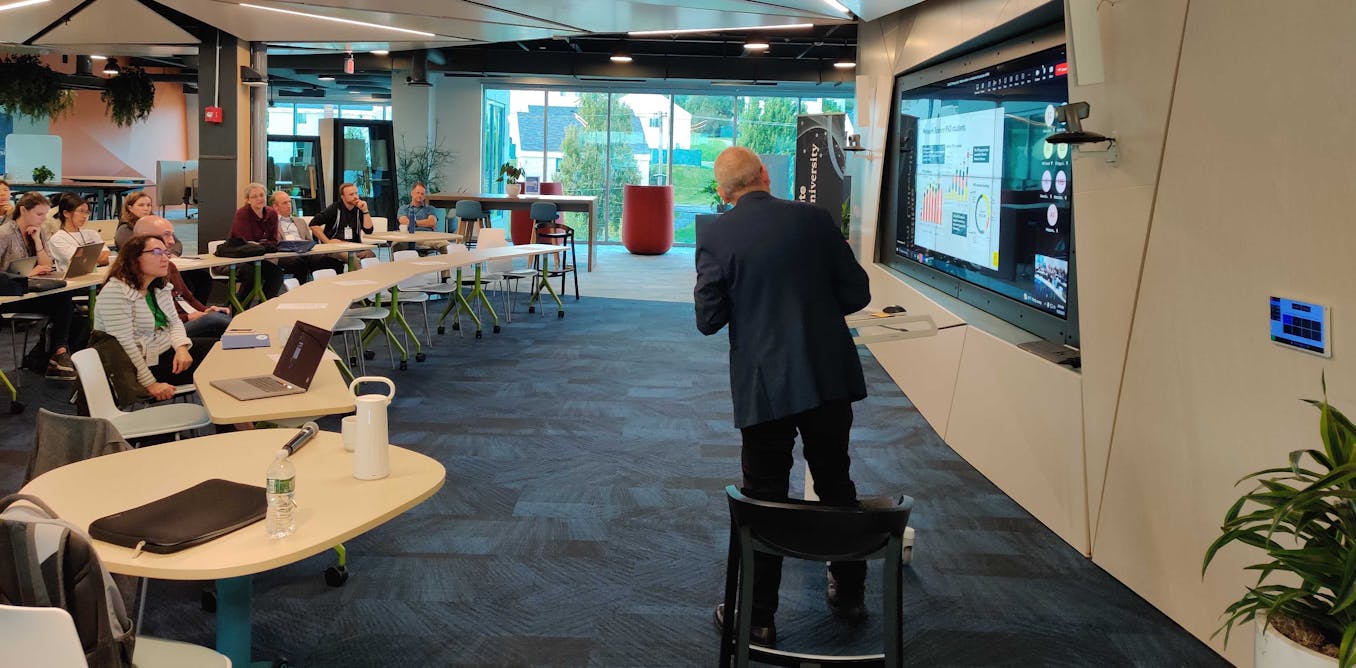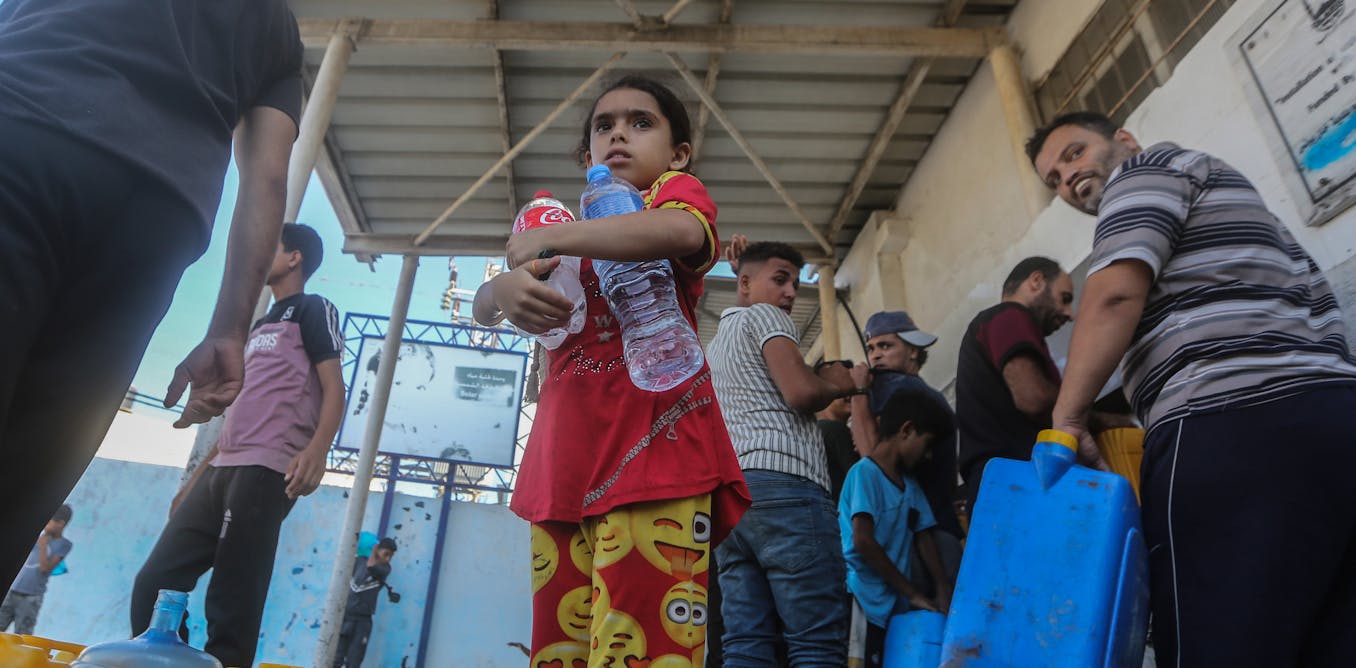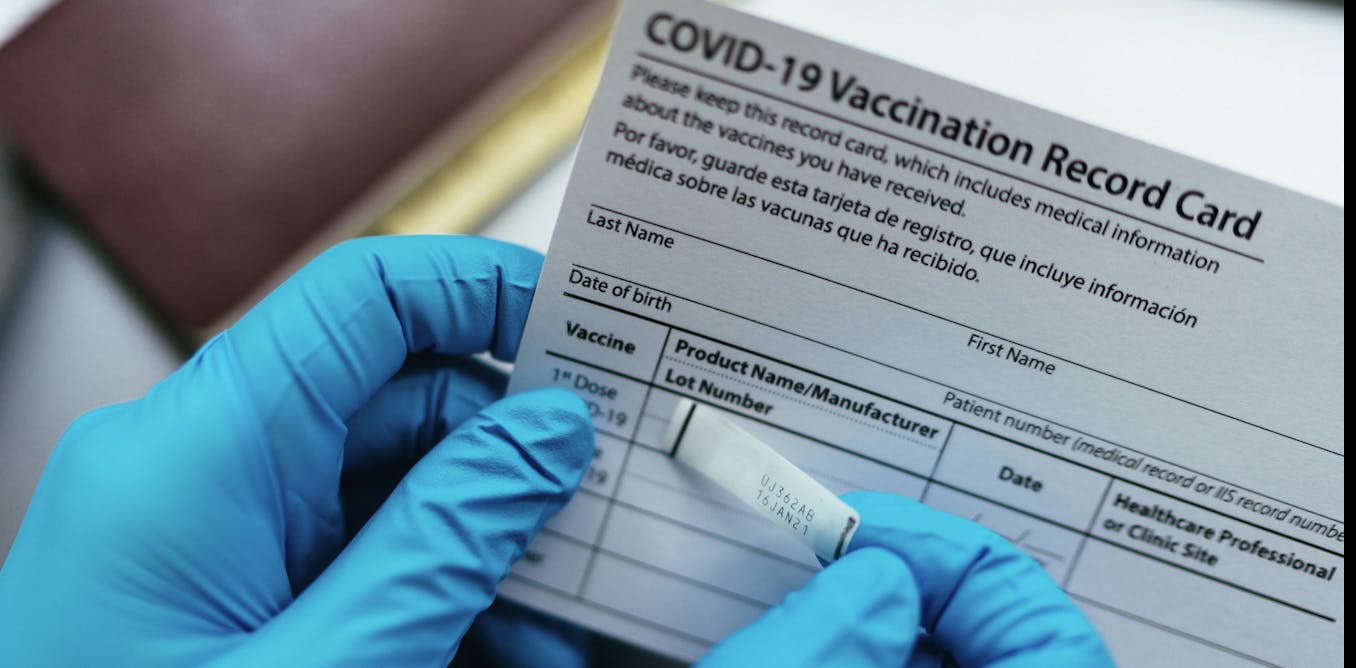Heart attacks, cancer, dementia, premature deaths: 4 essential reads on the health effects driving EPA’s new fine particle air pollution standard
On Feb. 7, 2024, the EPA strengthened the federal limit for annual levels of fine particulate air pollution, or PM2.5. Many serious health effects have been linked to PM2.5 exposure.
Feb. 8, 2024 • ~8 min

